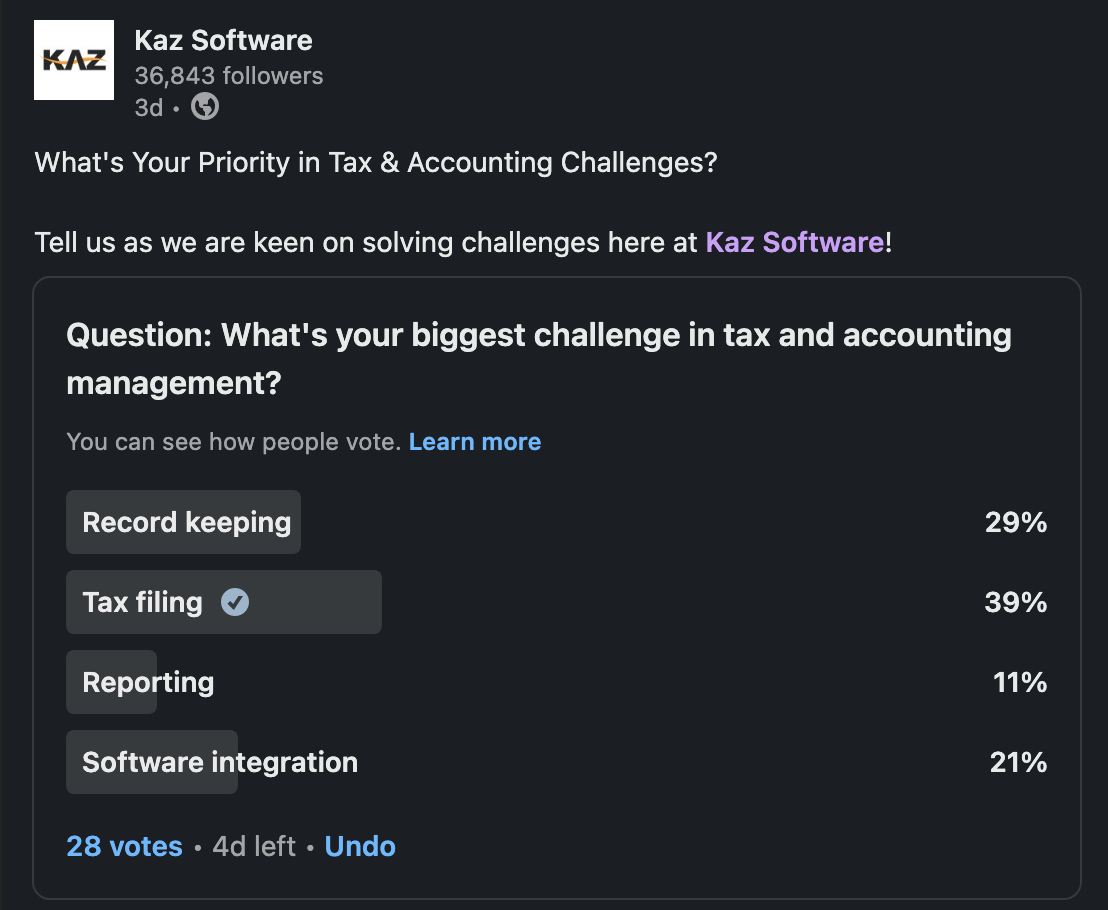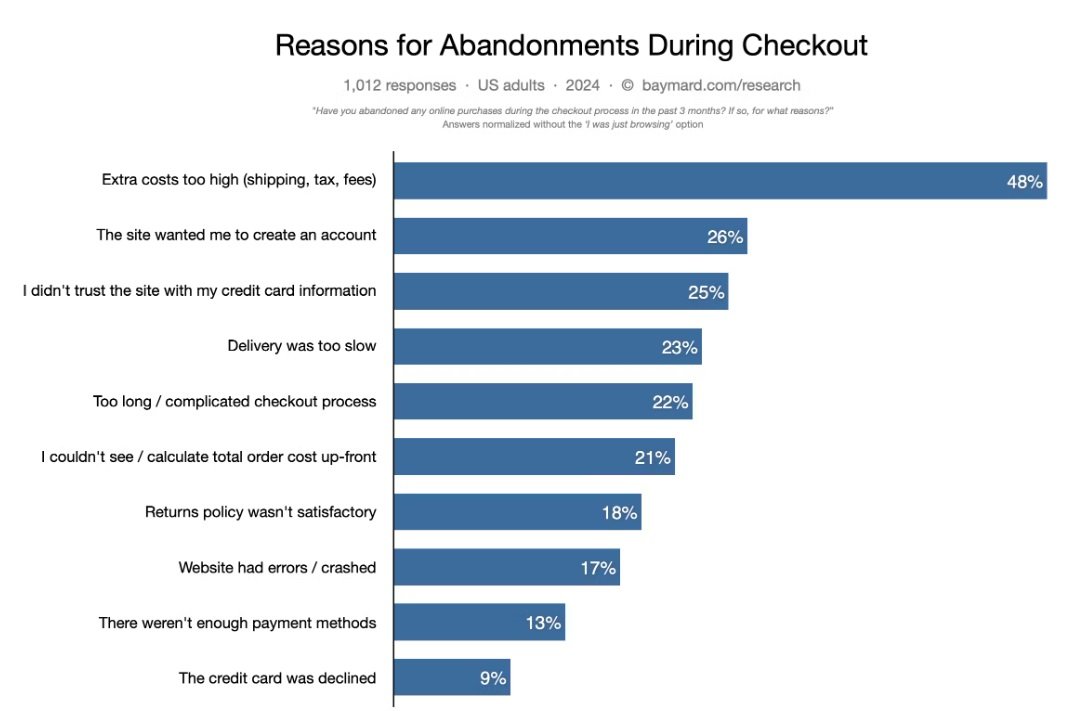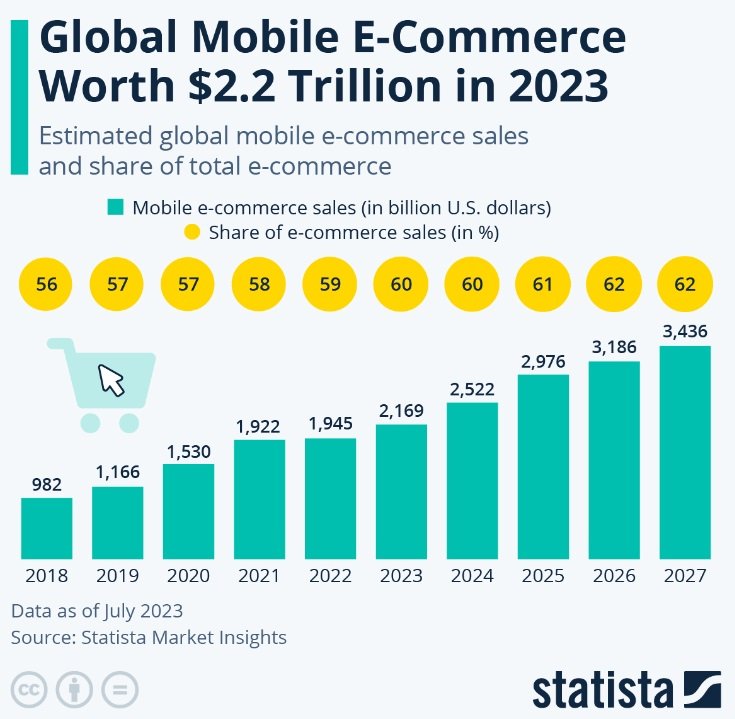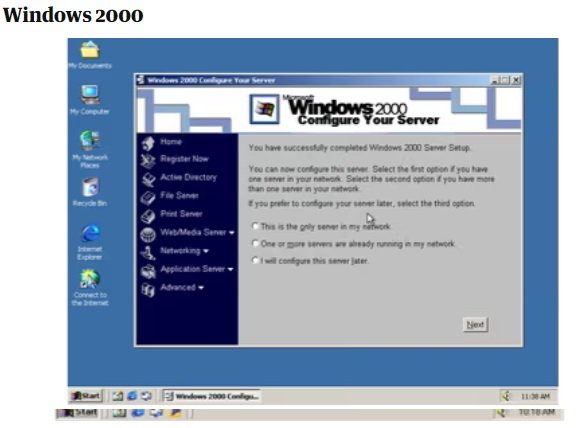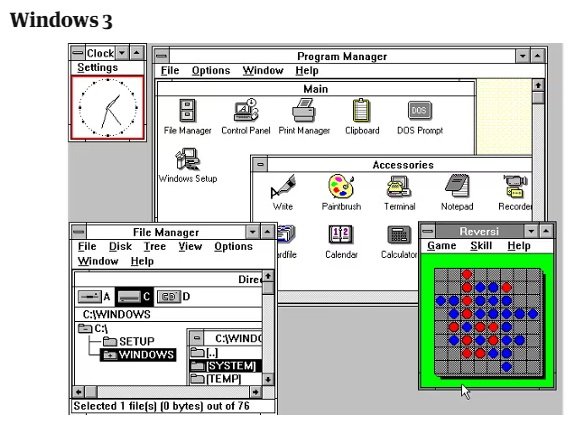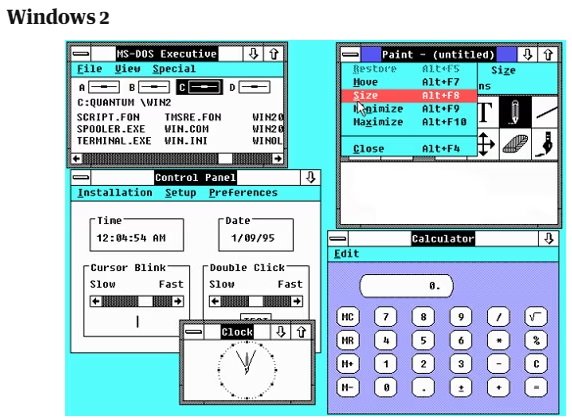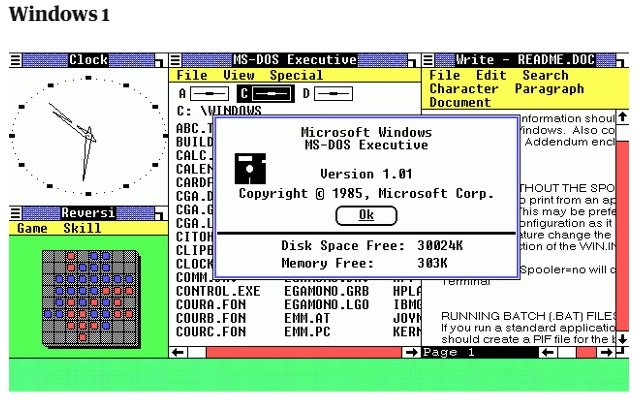Shopify is renowned for its user-friendly interface and streamlined setup process. It caters to businesses of all sizes, from startups to established enterprises. Shopify provides a range of customizable templates, making it easy for businesses to create visually appealing and responsive online stores without extensive coding knowledge. With features like built-in payment processing and a variety of apps for extended functionality, Shopify is an excellent choice for those seeking a quick and hassle-free e-commerce solution.
WooCommerce: Seamless Integration with WordPress
For businesses already using WordPress for their websites, WooCommerce seamlessly integrates with this popular content management system. As a WordPress plugin, WooCommerce transforms a website into a fully functional e-commerce store. Its flexibility allows users to customize their online stores according to specific needs. WooCommerce also benefits from the extensive WordPress community, ensuring a wealth of plugins and themes for added functionality and design options.
Adobe Commerce (aka Magento): Robust and Scalable for Enterprise Solutions
Magento is a powerful open-source e-commerce platform suitable for larger businesses with complex requirements. Known for its scalability and flexibility, Magento offers a comprehensive suite of features, making it ideal for enterprises. With a robust set of tools for inventory management, order processing, and customer service, Magento provides the foundation for creating highly customized and scalable e-commerce solutions.
BigCommerce: All-in-One E-Commerce Solution
BigCommerce is an all-in-one e-commerce platform that combines ease of use with powerful features. It caters to businesses of all sizes, offering a range of customizable templates and a user-friendly interface. BigCommerce stands out for its built-in features like payment processing, inventory management, and marketing tools. It also provides a secure and reliable hosting environment, minimizing the need for additional third-party services.
OpenCart: Lightweight and Versatile
OpenCart is an open-source e-commerce platform known for its lightweight architecture and ease of customization. It is particularly suitable for small to medium-sized businesses. OpenCart offers a straightforward setup process and a user-friendly admin interface. With a range of extensions and themes available, businesses can enhance the functionality and appearance of their online stores without a steep learning curve.
nopCommerce: Open-Source Flexibility
nopCommerce, an open-source e-commerce solution, is gaining recognition for its flexibility and extensive feature set. As an ASP.NET-based platform, it caters to businesses looking for a robust, scalable, and customizable solution. nopCommerce supports a range of payment gateways, shipping providers, and tax features. With an active community and a dedicated marketplace for plugins and themes, nopCommerce offers the versatility needed to tailor your online store to specific business requirements.
The choice of an e-commerce development platform should align with the specific needs and goals of your business. Whether you prioritize user-friendliness, seamless integration with existing platforms, scalability for enterprise solutions, or versatility for customization, there's a platform that caters to your requirements. Ultimately, the key is to choose a platform that not only meets your current needs but also provides room for growth and adaptation as your online business evolves. It is essential that the software partner you select has the skills and experience in working on the eCommerce platform that is the best fit for you. Your software partner should also have the technical versatility to work on all or multiple of such platforms (or have their custom solutions) to know and suggest the best possible option for you.
3. Customization and Scalability:
Every business is unique, and your eCommerce application should reflect that. Seek a development partner capable of providing tailored solutions that align with your specific requirements. A one-size-fits-all approach may not be suitable for the complexities of your business model. Additionally, scalability is crucial. Your eCommerce platform should have the flexibility to grow and adapt as your business expands. Ensure that your development partner can create a solution that can scale seamlessly with your evolving needs.
4. Integration Capabilities:
In the interconnected digital landscape, your eCommerce application will likely need to integrate with various third-party services, payment gateways, and other tools. Assess the integration capabilities of your prospective development partner. A partner with experience in seamless integrations can save you time and resources, ensuring that your eCommerce ecosystem functions cohesively with other business tools.
5. Proactive Communication and Collaboration:
Effective communication is the backbone of successful software development projects. Choose a partner that emphasizes transparent and collaborative communication. Regular updates, clear documentation, and an understanding of your business goals are essential for a successful partnership. Look for a company that values collaboration and considers your input integral to the development process.
6. Commitment to Quality Assurance:
Quality is non-negotiable in the competitive world of eCommerce. A reputable development partner prioritizes quality assurance throughout the development lifecycle. Rigorous testing, continuous feedback loops, and a focus on user experience are hallmarks of a partner committed to delivering a high-quality eCommerce application.
7. Client References and Reviews:
Before finalizing your decision, seek client references and reviews. Feedback from previous clients provides valuable insights into a development partner's reliability, professionalism, and ability to meet deadlines. Look for testimonials or case studies that showcase successful eCommerce projects and satisfied clients.
The journey to finding the right software development partner for your eCommerce application demands a comprehensive evaluation of expertise, technological capabilities, customization options, integration skills, communication practices, commitment to quality, and client feedback. Choosing a partner that excels in these areas ensures a collaborative and successful development journey for your eCommerce application. Remember, the right development partner is not just a vendor but a strategic ally in realizing your eCommerce aspirations.












